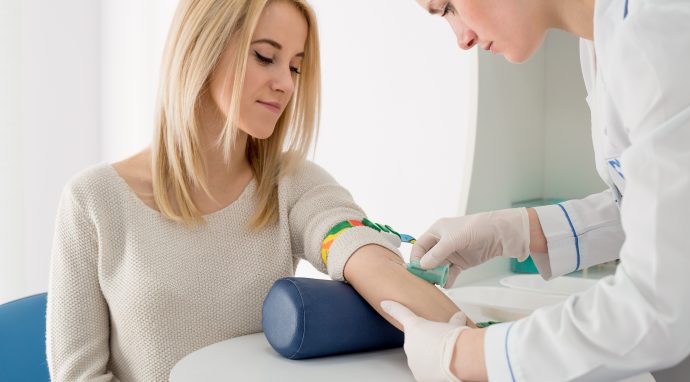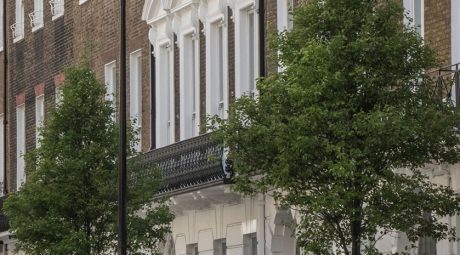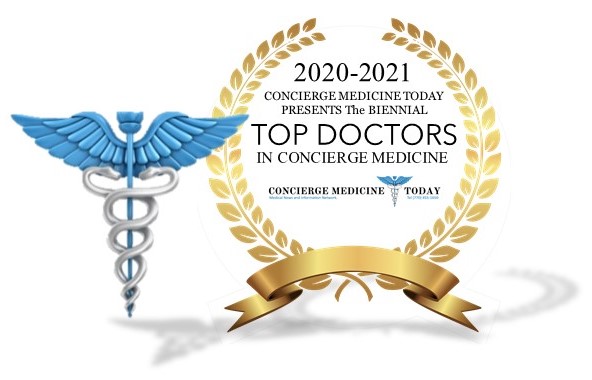COVID-19 Antibody and T-Cell Immunity Testing
Coronavirus Antibody Testing & T-Cell Immunity Blood Tests At Home in London

What’s My COVID-19 Immunity? An Insight Into Covid 19 Antibody & T-Cell Immune Response Testing
Updated: COVID-19 antibody testing, which is offered by HealthClic in London, is approved by Public Health England.
Both Antibody Testing and T-Cell Immune Response Testing Are Also Available By Blood Test In The Comfort Of Your Home.
Following the increased availability of the COVID-19 vaccine and COVID-19 boosters, concern regarding the COVID-19 virus may not be whether or not one can get vaccinated, but how effective the vaccine has been or remains. Many doctors and patients wish to find out the body’s immune response to COVID-19 following COVID-19 vaccination. Doing a combination of a spike protein antibody test along with a T Cell mediated immune response test will help to give a more comprehensive overview of the immunity protection against COVID-19. When done together, the results of both of these tests will also allow doctors to understand when patients may require a COVID-19 vaccination booster; or when the patient’s immune response may change. This allows us to understand the COVID-19 vaccination schedule, as a medical community, and allows patients to have some reassurance about their body’s defences against this virus.
What is Antibody Testing for Coronavirus?
The serology antibody test is another way of testing for coronavirus infection. PCR testing, which measures the presence of the active COVID-19 virus on the obtained swab samples (usually throat/nasal swab), these antibody tests measure the antibodies in the blood present against coronavirus. They are intravenous blood tests, but can also be “finger-prick” self-testing blood tests.
Most patients who recover from coronavirus have been found to produce IgG antibodies, but it is not yet known if an individual with a positive result showing IgG levels will be protected to any level from future infection, or for how long protective effects or ‘immunity’ may last, as COVID-19 still largely remains an unknown, new virus. Corporations looking to bring staff back to work therefore, may consider a testing strategy of repeat rapid antigen testing combined with some PCR testing, rather than relying on ‘immunity’ of staff, due to presence of IgG antibodies from past COVID-19 infections. Whilst COVID-19 vaccinations offer protection, assessing your staff’s immune response to COVID-19 is also important as some staff may not be as protected for as long as others, due to the vaccination schedules.
IgM and IgG Antibodies
There are two types of antibodies that go up in response to an infection: IgM and IgG. It is not confirmed yet how long after exposure to coronavirus these antibodies will be produced, and for how long they may last. Some resources suggest that IgM antibodies go up 5-7 days post exposure and IgG after 14-21 days. Therefore, these tests are less favourable in the patients with active infection. During the incubation period and they are mainly used to check if you have had COVID-19 infection in the past; or within the last few weeks; complementary to the swab test. For example, the active virus detected by the PCR COVID-19 swab test will be present for a particular window only, therefore doing the antibody test later may confirm if there was a previous COVID-19 infection in the past. At HealthClic, we are providing the antibody test which is lab-based (by Abbott) and is approved by Public Health England, along with the antibody test by Roche Diagnostics which is also approved.
It is also still under research what proportion of people develop antibody response to COVID-19 infection.
COVID-19 Antibody Testing in London
Many laboratories started measuring the IgG antibodies to determine the previous infection and many tests are registered by MHRA, CE marked and EU approved. Now, these tests can even give you a numerical value when when providing your antibody test result such as the spike protein antibody test. Abbott Laboratories had initially developed a new COVID-19 antibody test available privately, for IgG only, due to the questionable nature of the IgM antibody production in the COVID-19 virus, so the numerical COVID-19 antibody test values also focus on IgG. Anecdotal evidence shows that IgM antibodies may last 4-6 weeks after the coronavirus infection (or positive swab result). Many health departments have varying recommendations on re-testing and self-isolation as a result, it is a new virus therefore we cannot be 100% sure. However, the safest advice seems to be to self-isolate for a minimum of 1-2 after the first symptoms, and for some patients with a larger BMI to self-isolate for minimum 4 weeks in total, as they may remain infective for longer periods.
T-Cell Immune Response To Assess COVID-19 Immunity
Following the introduction of COVID-19 vaccination, many patients are interested in testing the effectiveness of the COVID-19 vaccine in their immune system, especially when deciding if and when to get boosted. T-Cell Immune Response Blood Testing is proven to detect evidence of a T cell-mediated immune response to SARS-CoV-2 infection. When complemented with antibody testing, this will give a more comprehensive overview of an individual’s immune response to COVID-19.
T-Cell & Covid-19 Antibody Testing With HealthClic
HealthClic offers both the T-Cell Immune Response blood test, and the COVID-19 Abbott antibodies test or the Roche Diagnostics test for antibodies, to determine if you have been exposed to the COVID-19 virus in the past. The antibody test detects the IgG antibody to SARS-CoV 2 and quantitative antibodies test results are provided. The T-Cell test will detect evidence of a T-cell mediated immune response to SARS-CoV-2 infection. The antibody test and T-Cell Immune Response blood tests can be done together to gain a better understanding of your immune response to COVID-19, in the comfort of your home by one of our registered nurses or doctors. These tests are intravenous blood tests, and can even be done at your hotel or office for individuals with busy schedules or who are traveling often.
Should we do Antibody Testing to assess immune response to COVID-19? How can we accurately assess the response?
In conclusion, to understand more about the length of presence of IgM and IgG antibodies, it may be helpful for patients with suspected/confirmed COVID-19 cases to be tested by PCR swab for the active virus, and followed up by coronavirus antibody testing. However, the immune response to COVID-19 is better assessed when antibody test results are complemented with T-Cell immune response testing. It is important to have the testing offered in conjunction with a consultation by a doctor to explain the implications of the result (and that the result does not always necessarily mean you have protective immunity, and to always follow Public Health England guidelines – or the guidelines of your country’s relevant health department). The results may even indicate that you need to get your COVID-19 vaccination booster, or could provide helpful insight about how long the T-cell mediated immune response can prevail in individuals after COVID-19 vaccination. This way we can be safe, but more testing will provide more data, helping us to understand the COVID-19 virus in more detail, while also providing information on length of immunity and hopefully emerging from this pandemic safely.
If you would like to book an at-home blood test for COVID-19 antibodies and T-cell immune response, please call us on +44 203 370 4034 to book.
Enquire About COVID-19 Testing
Contact Us To Book Your At-Home COVID-19 Antibody Test & T-Cell Immunity Test











